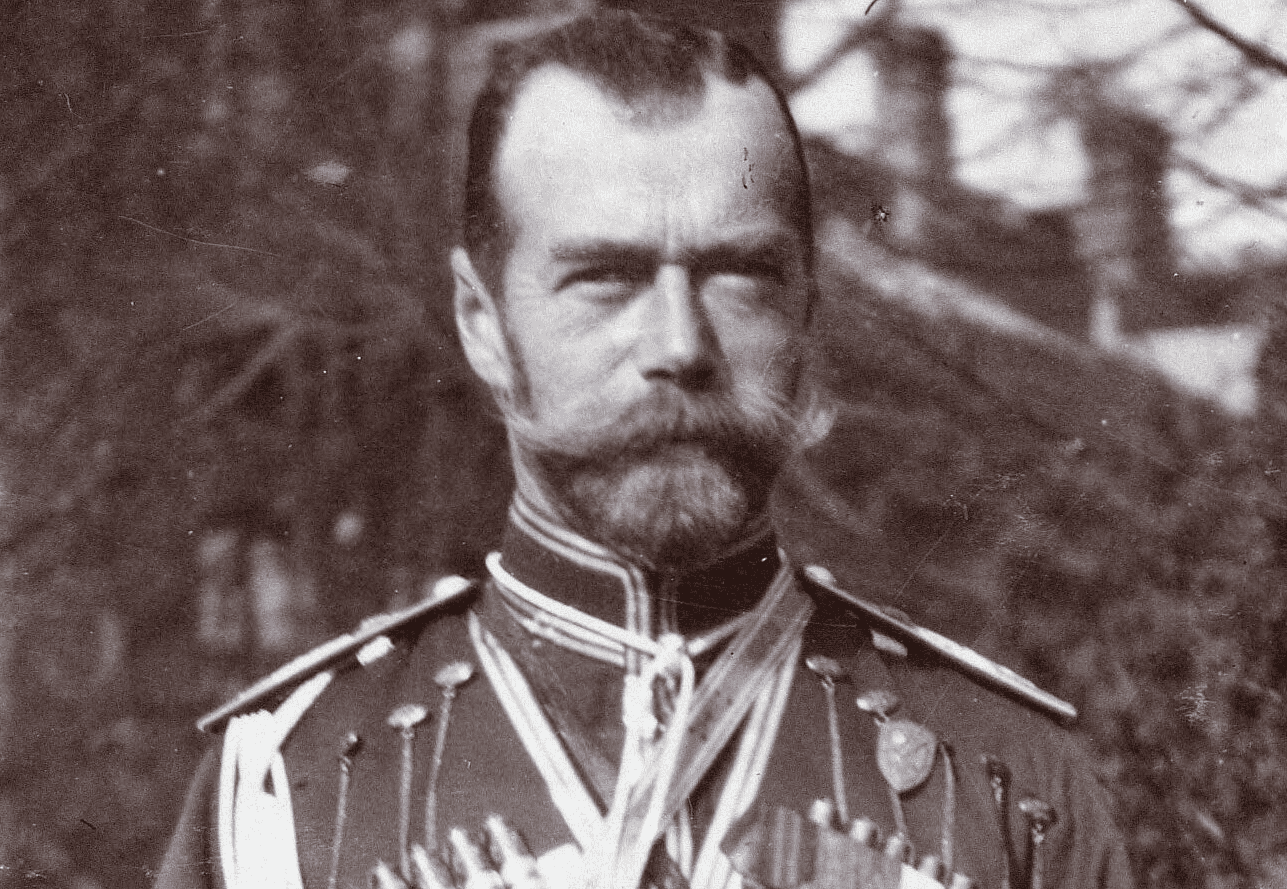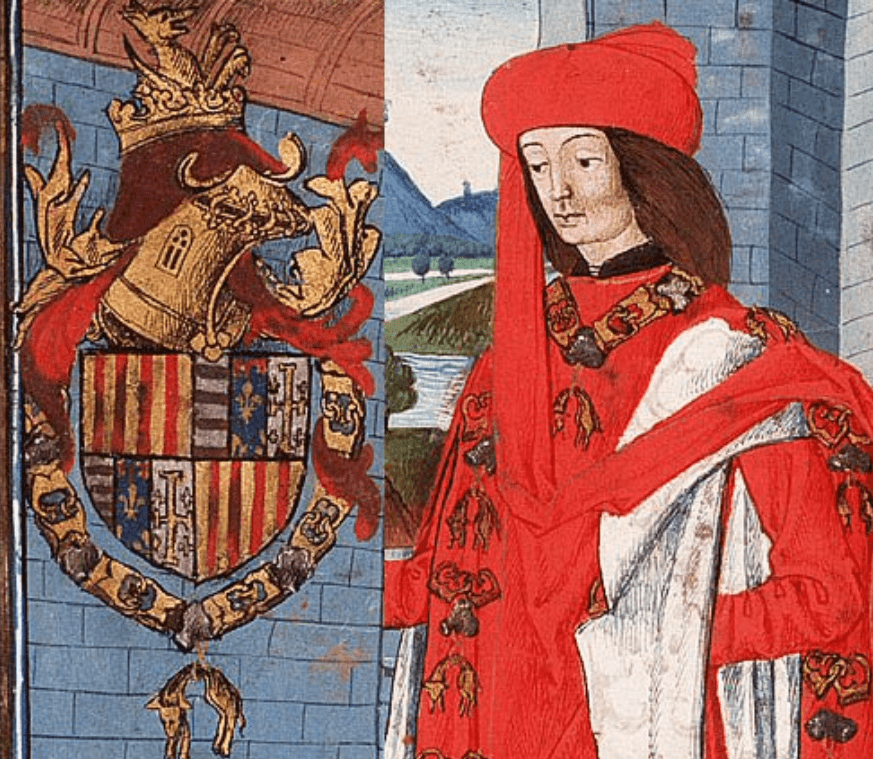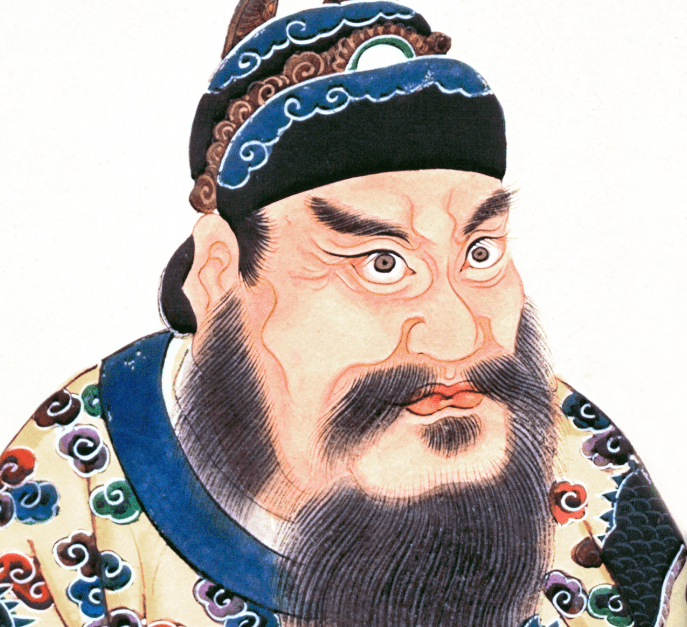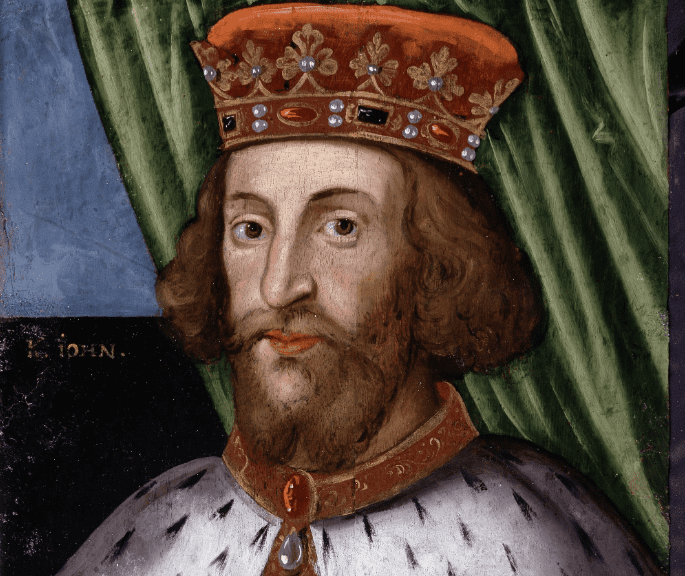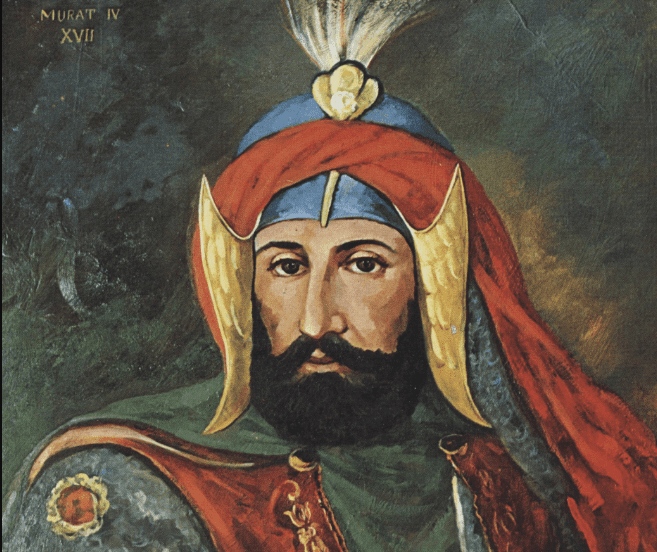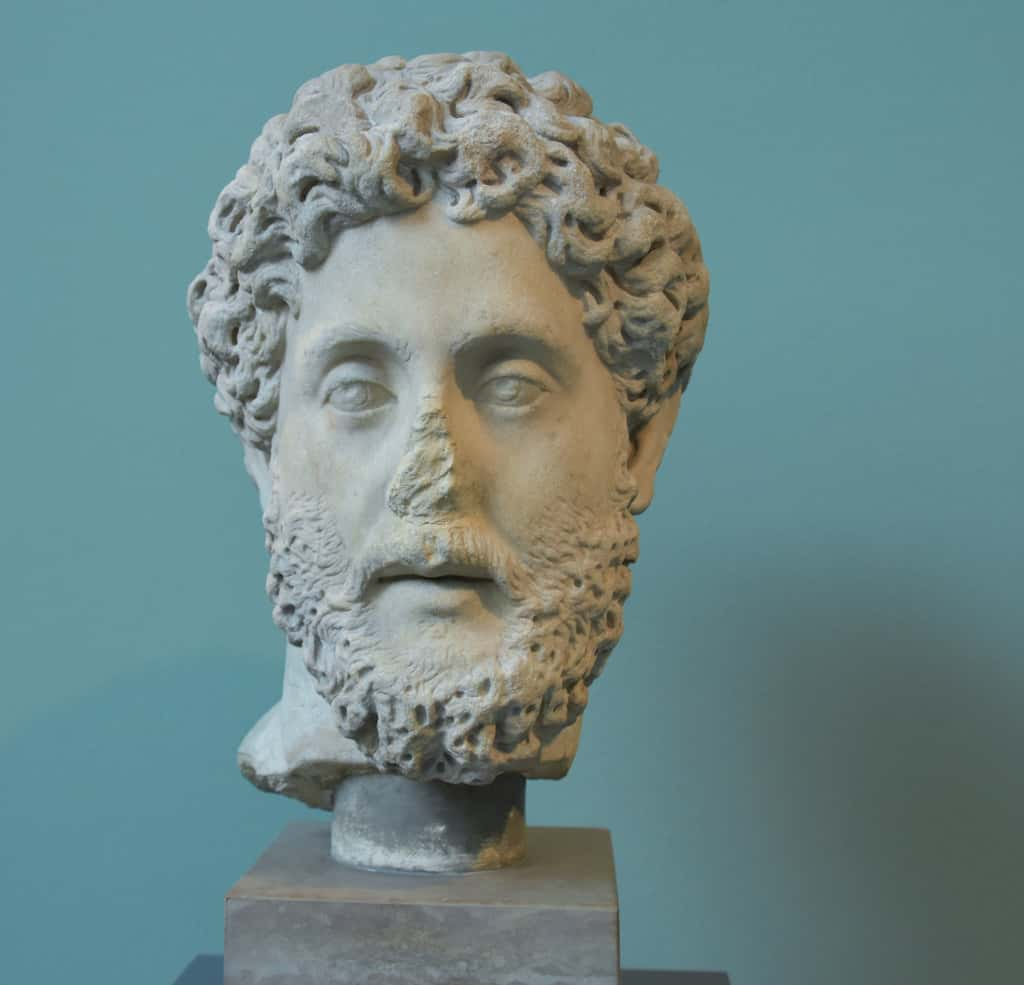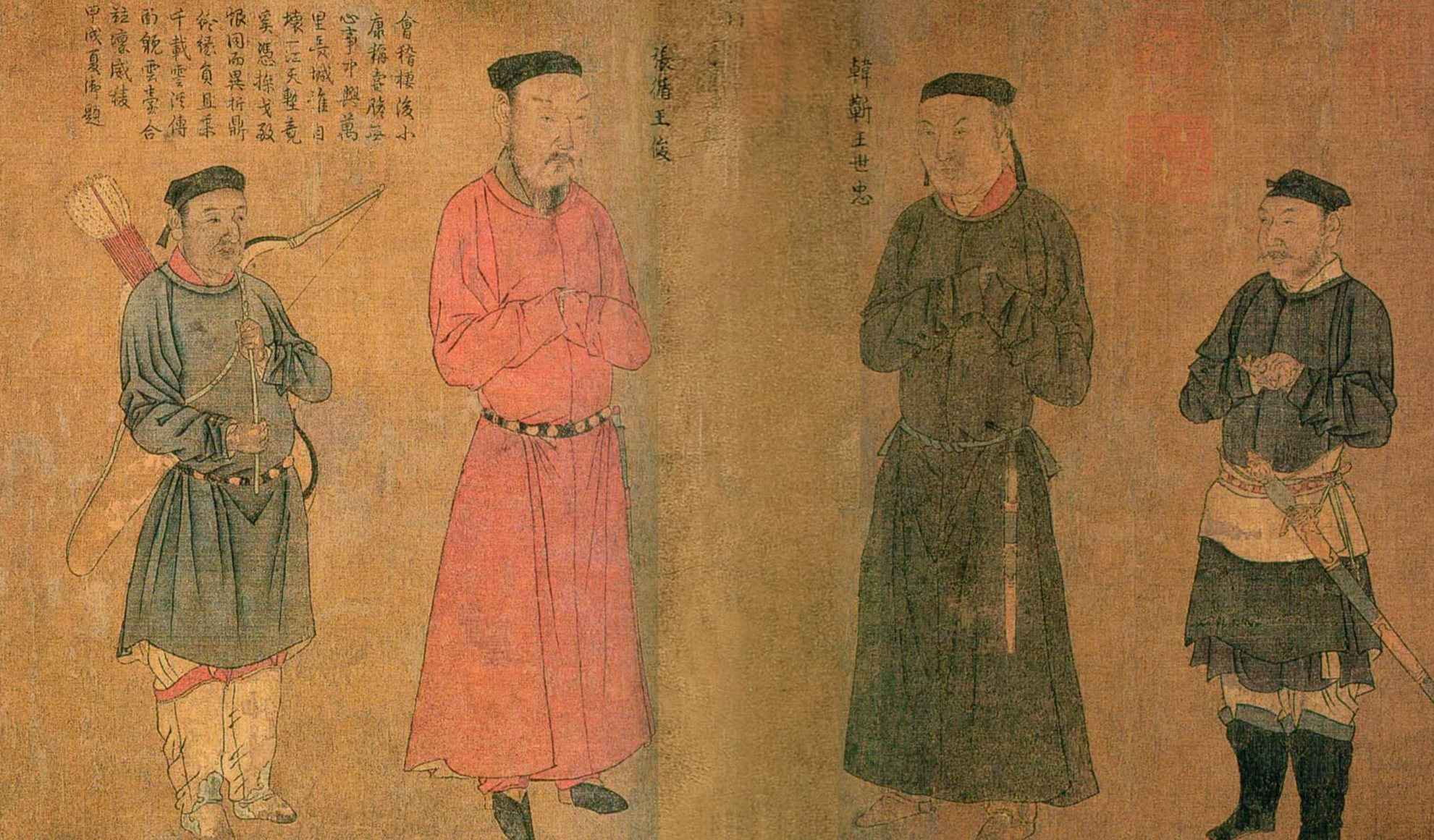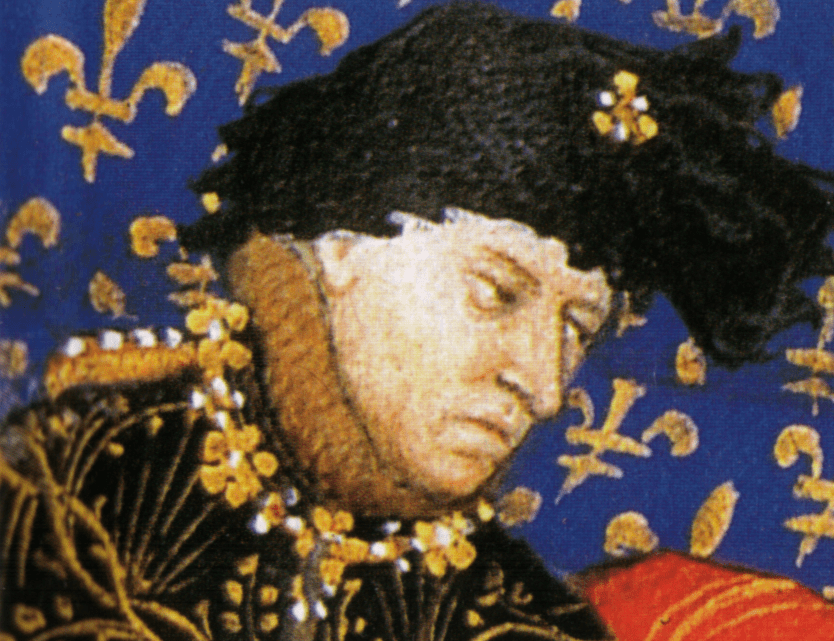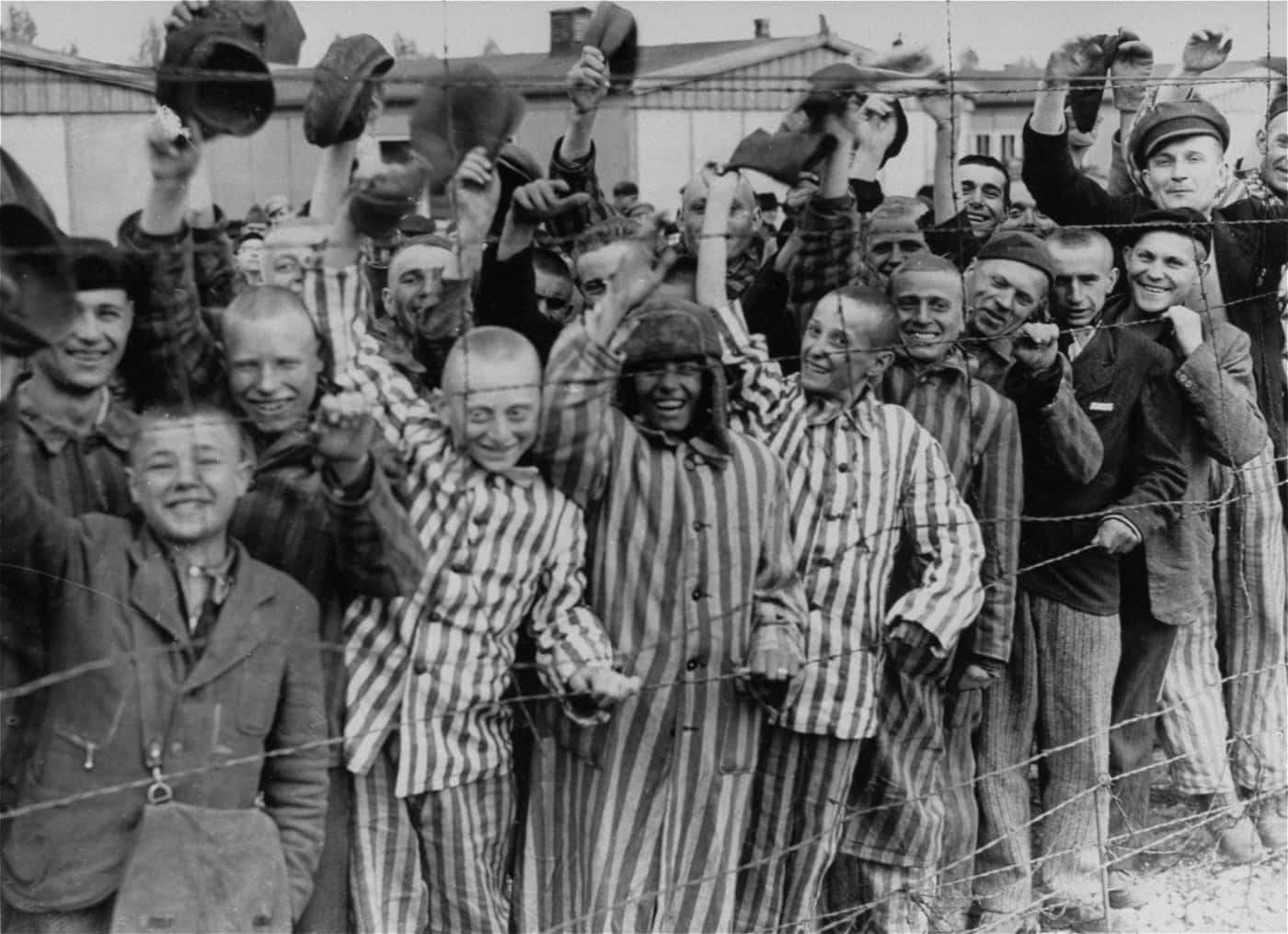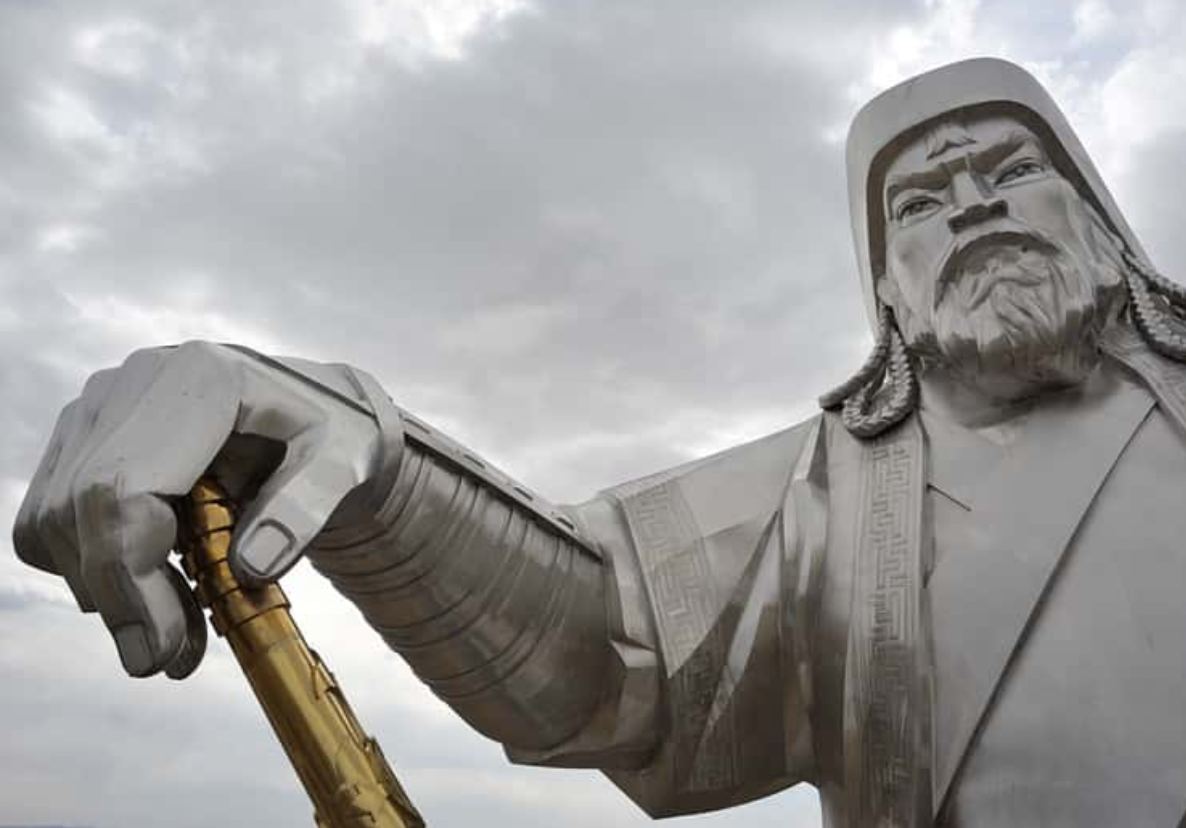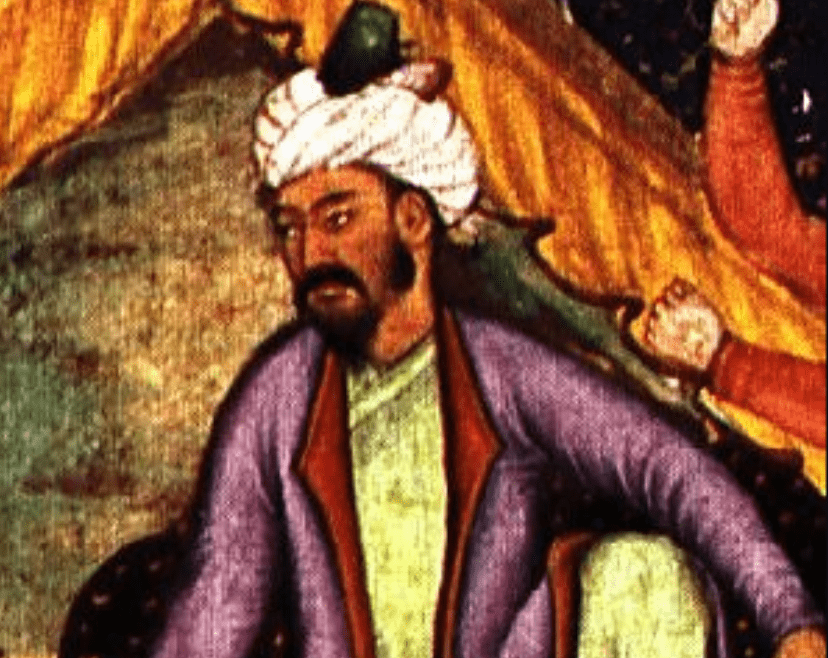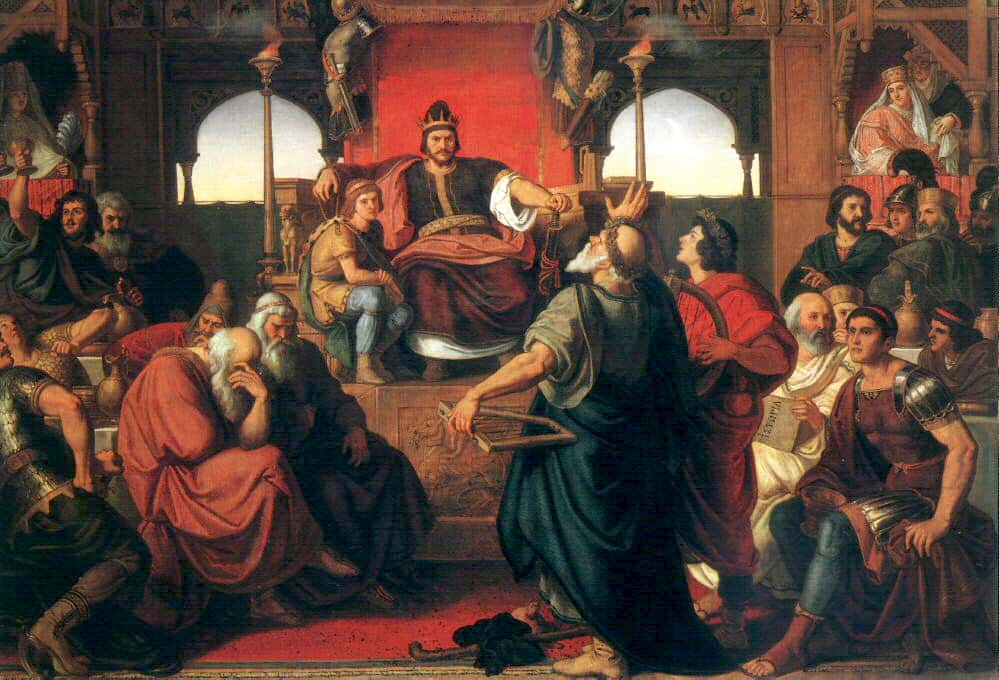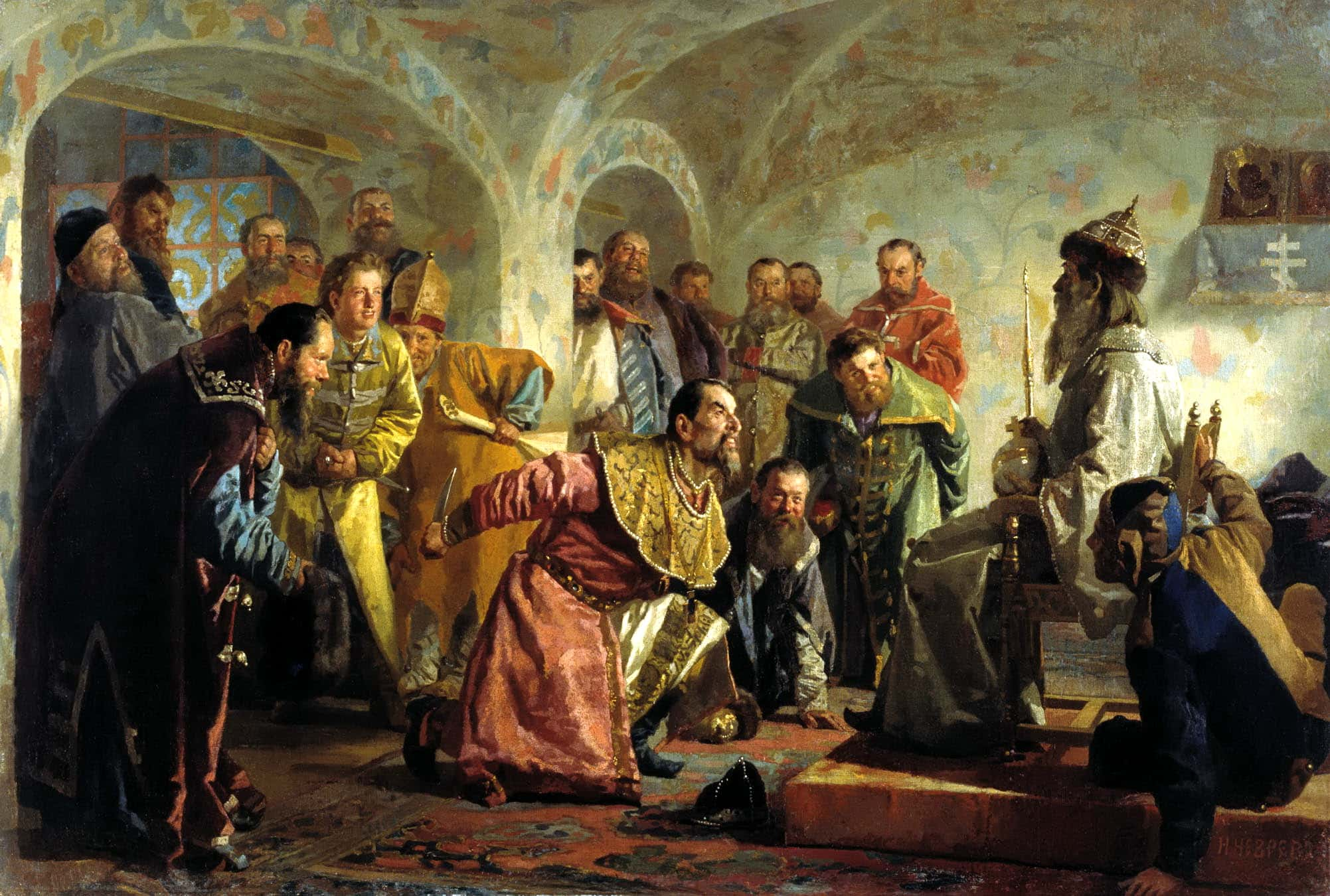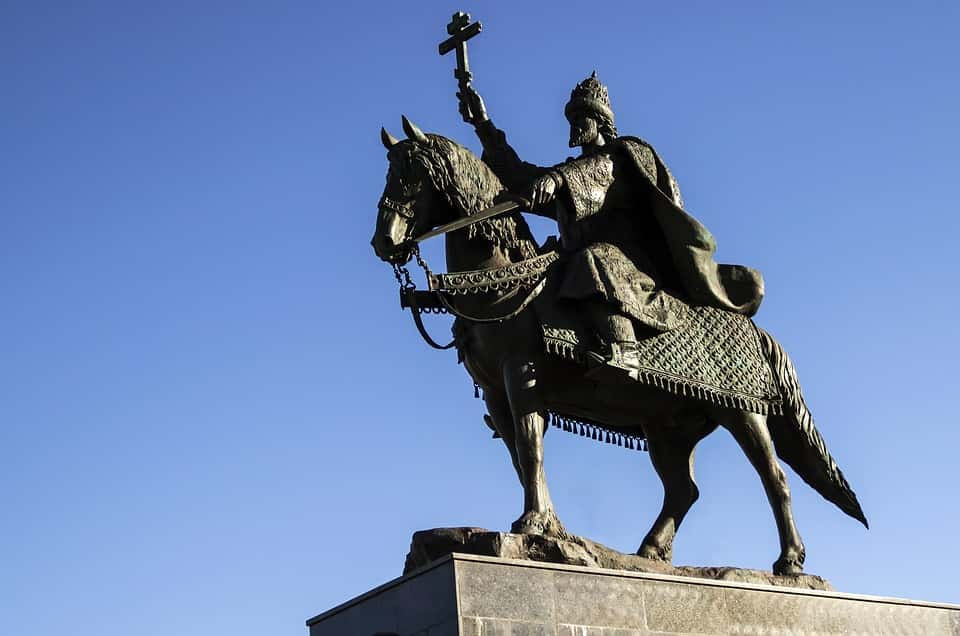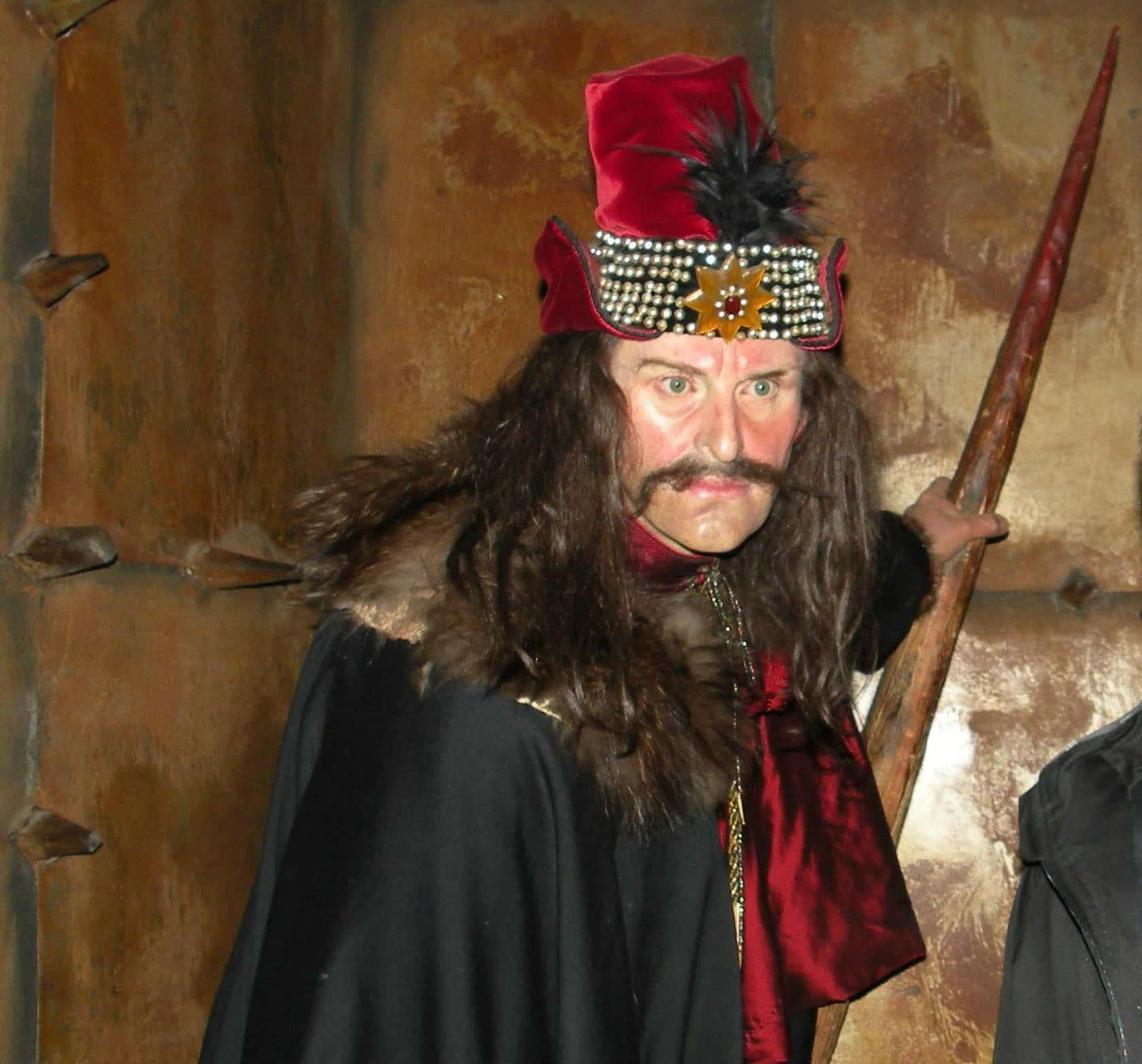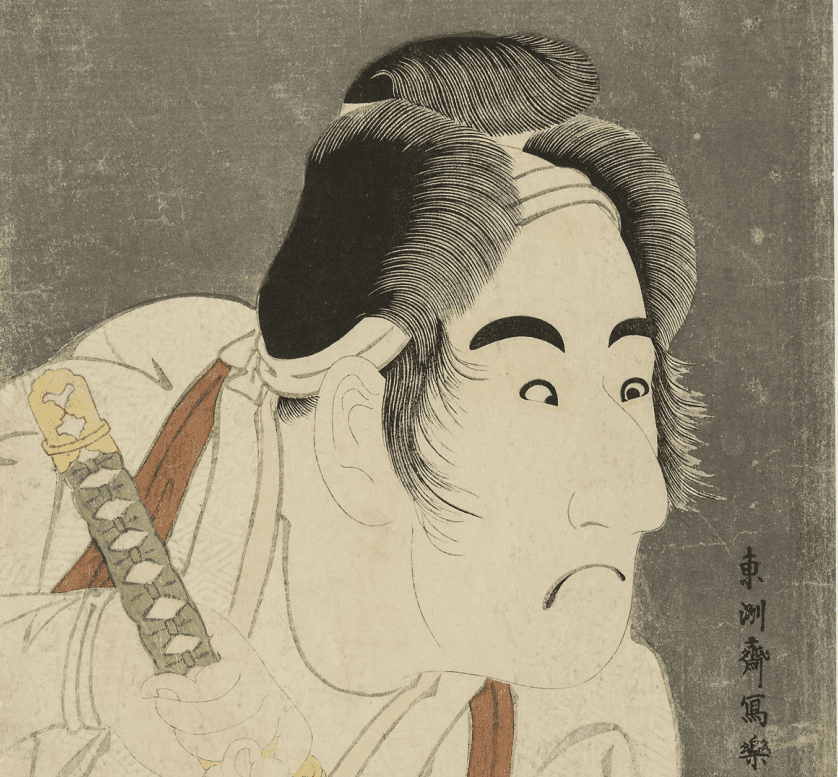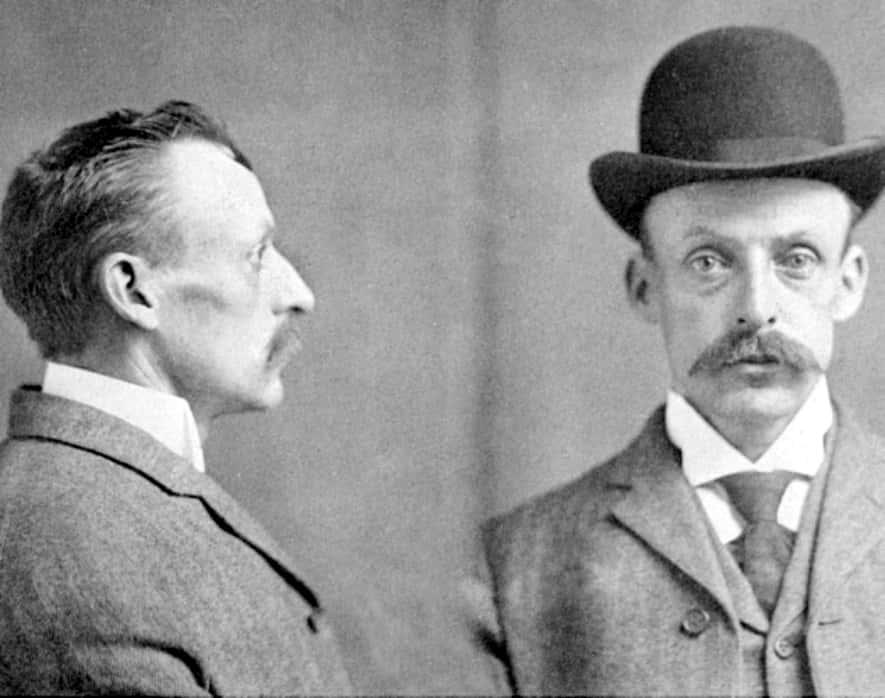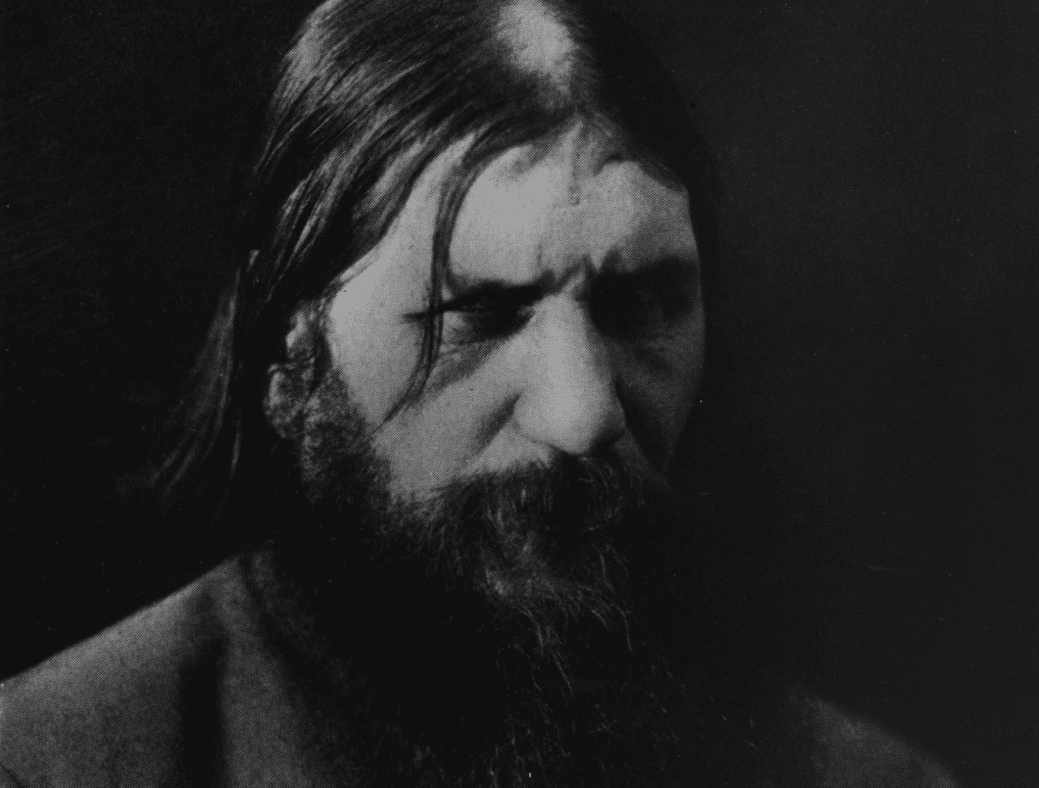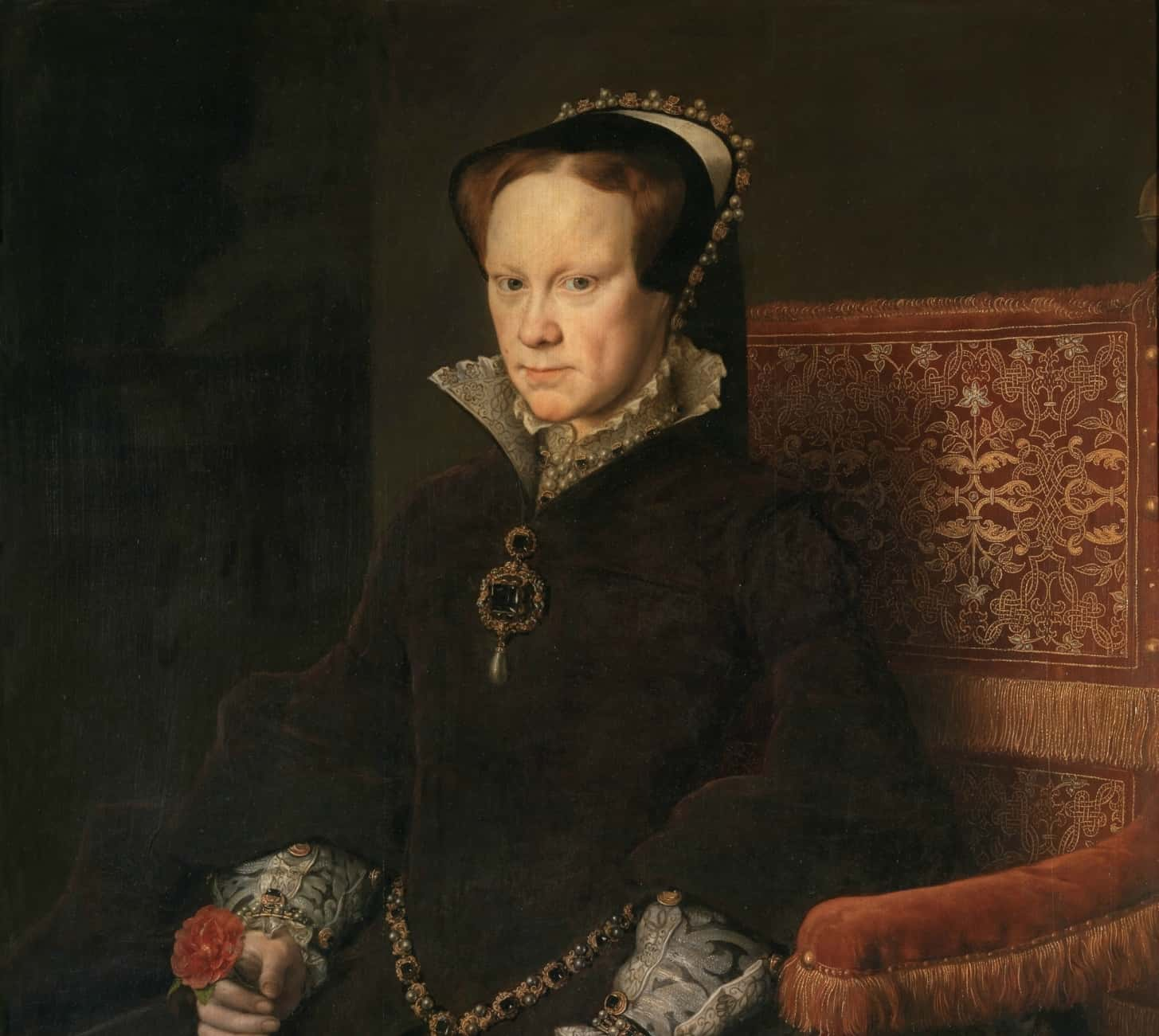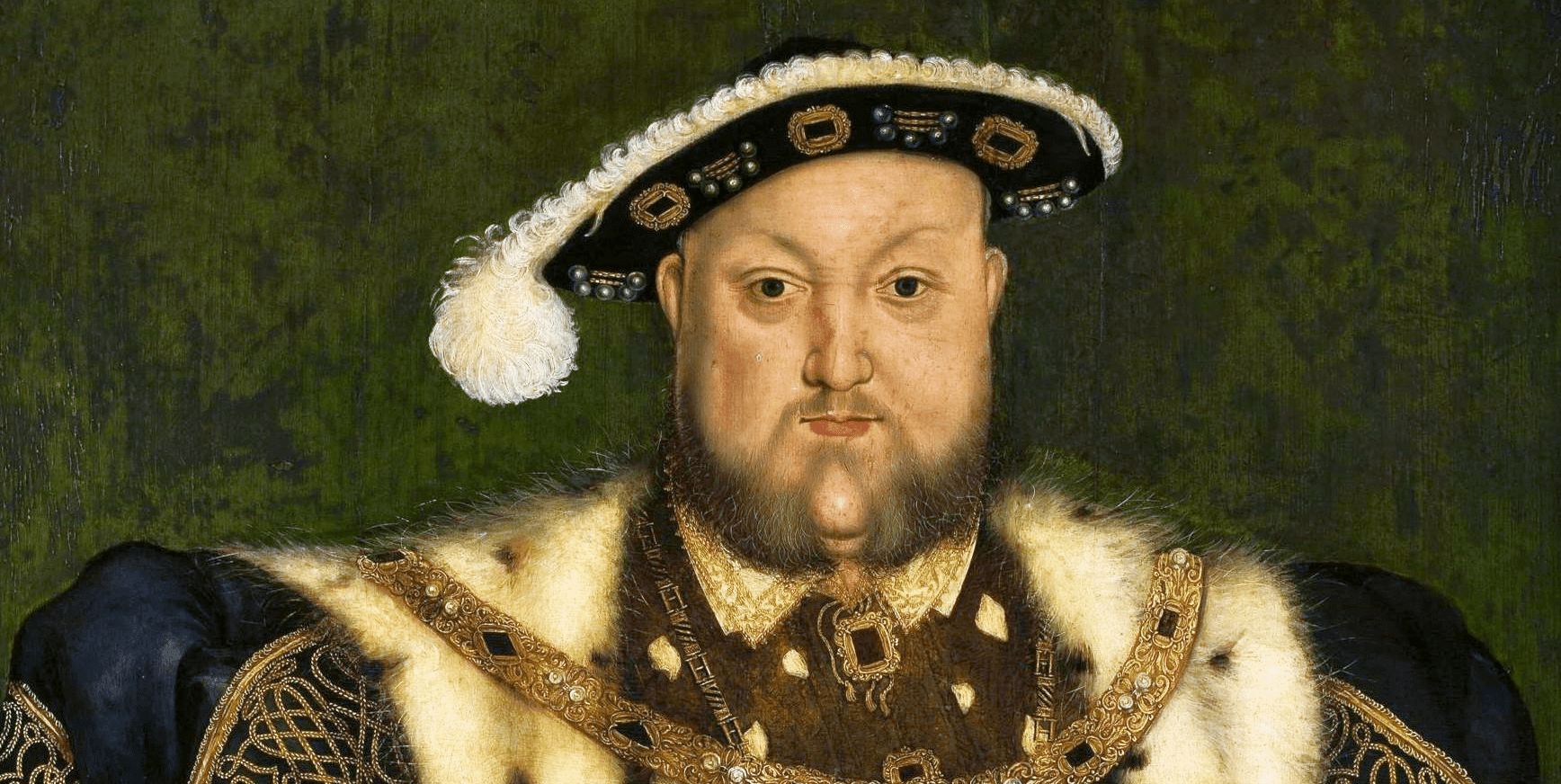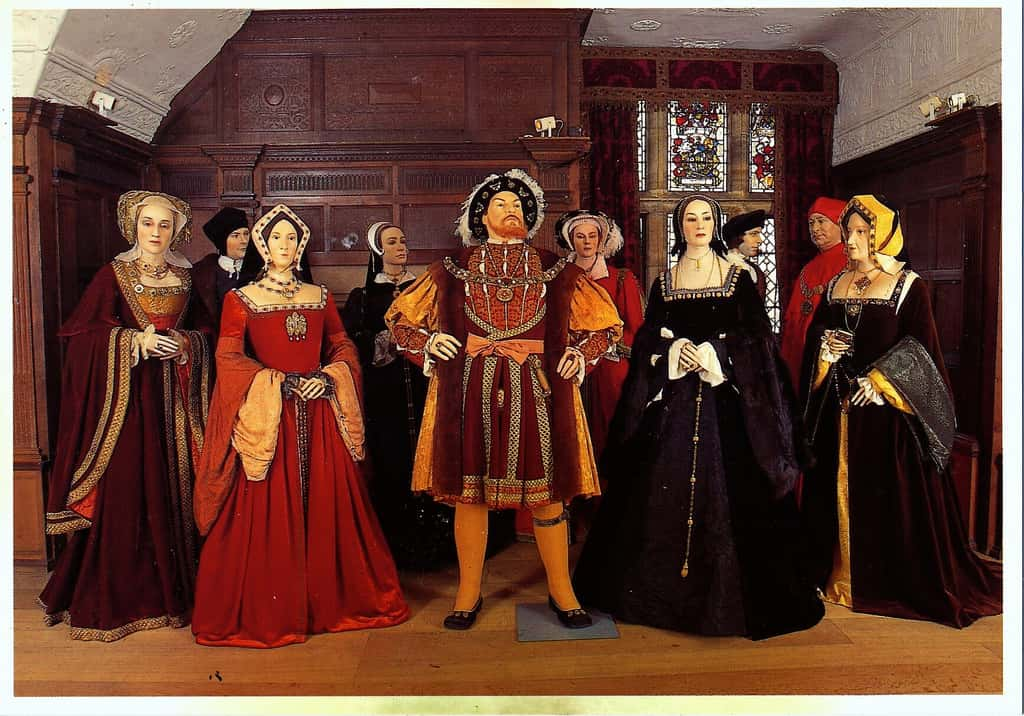“The world is a dangerous place to live; not because of the people who are evil, but because of the people who don’t do anything about it.”—Albert Einstein.
Throughout the centuries, human beings have endured the evil atrocities of madmen, mass murderers, warlords, and fanatics. No one quite knows what exactly causes the minds of some to act with such barbarism or depravity. Humans are capable of creating so much good in the world but are equally equipped and proficient to carry out evil.
Here are 45 disturbing facts about the most evil people in history.
45. A Disappointment to Dad
At the tender age of 17, Prince Sado of Korea became sick with the measles. This illness is said to have triggered a madness in Sado, which first manifested in the form of hallucinations and nightmares. By 1757, however, the madness in Sado led him to acts of brutal aggression. Eventually, his father had enough of Sado’s actions and sealed him inside a chest until he was gone eight days later.
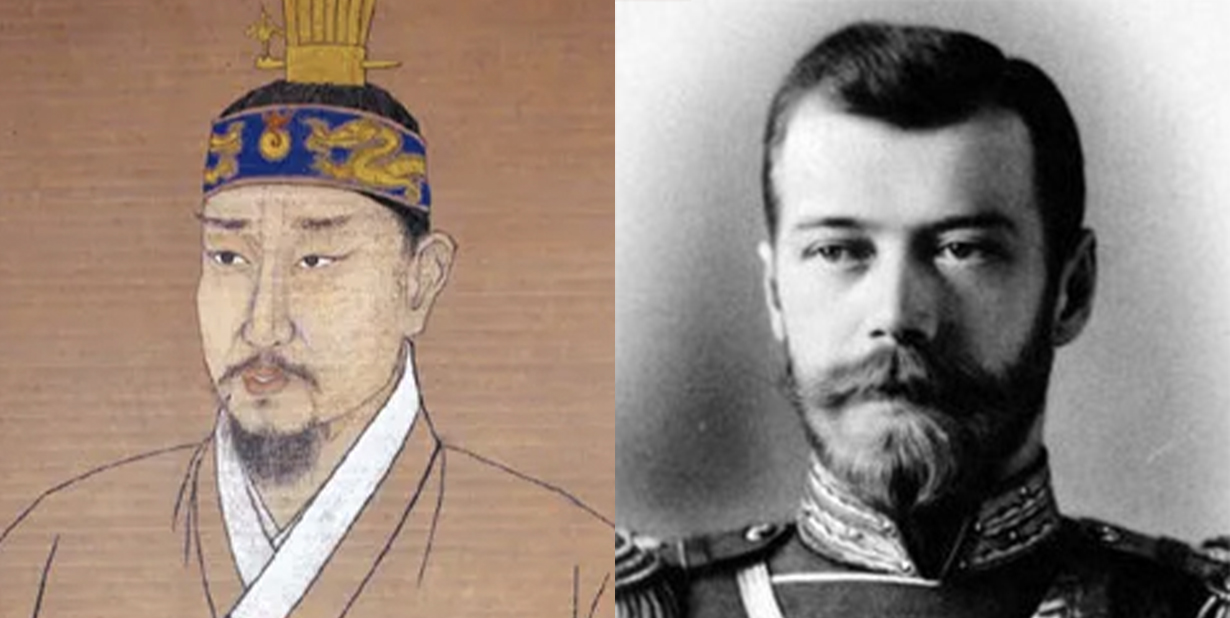
44. The Last Tsar
Good rulers learn how to let go of the past and change with the times, but Tsar Nicholas II was not one of them. At a time when his country was going through major social and political change, he stubbornly held onto the old ways, and refused any kind of reform. He also sucked as a army strategist and didn’t really care much what was good for the people, so it was to be expected that something would give. His ineptness was one of the causes of the Russian Revolution, and the 300-year rule of the Romanov dynasty came to an end with his execution in 1918.
43. Museum of Mummies
Ferdinand I of Naples governed by despotism, which led to a revolt amongst the nobility. He had zero compassion for his defeated enemies, and after falsely promising them amnesty, he had them ended instead. After their murders, he would have them mummified and added to his museum of mummies dressed in their clothes. If he thought anyone was plotting against him, he’d simply take them on a casual tour of the museum, which was totally morbid, but effective!
42. Ruthless Ranavalona
Ranavalona I of Madagascar kept her country free from British rule by being so ruthless that she managed to cut the country’s population in half. Instead of collecting taxes, she forced imposed periods of forced labor on her subjects. She also didn’t really care who passed giving her what she wanted, and once she demanded that a road be built before her eyes for her and her hunting party. An estimated 10,000 subjects perished building it. Not surprisingly, there were several plots to end her and at least one attempt at a coup, but this only drove her into deeper paranoia. Not a good thing when you’re already ruthless!
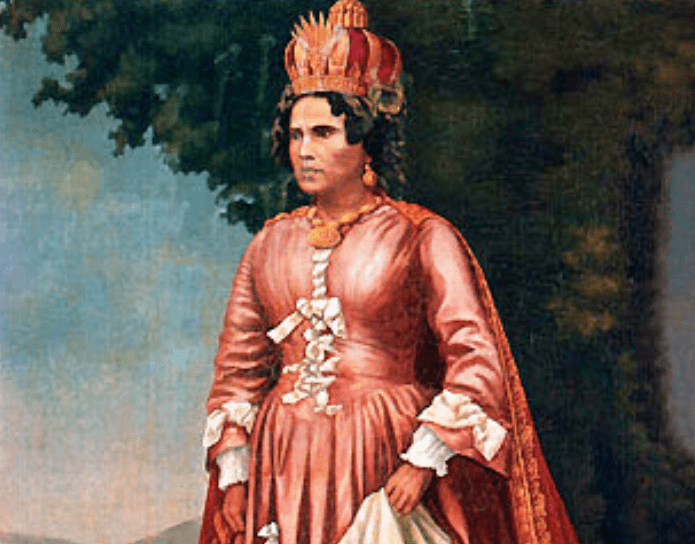 Wikimedia Commons Philippe-Auguste Ramanankirahina
Wikimedia Commons Philippe-Auguste Ramanankirahina
41. Book Burner
During his reign, Emperor Qin Shi Huang of China achieved unification by destroying the country’s education system and basically working his subjects until they dropped. In a move straight out of 1984, he followed principals that included speaking in opposites, issuing orders that made no sense, and behaving in contraries. He also distrusted anyone with an education and not only burned books but buried several hundred scholars alive. Everything he thought he accomplished fell apart less than a decade after he was gone, so he wasn’t nearly as smart as he thought.
40. The King Who Shall Not Be Named
Seldom has there been a ruler so bad that no future ruler has ever taken the name, but King John, brother of Richard the Lionheart, was 100% that guy. While Richard was away on crusade, John was supposed to ‘babysit’ the kingdom, but he did far more than that. He had his nephew Arthur ended to remove his most likely competition for the throne and then started a battle with France, which he lost. Centuries later, the Brits still haven’t forgiven him for being an evil dunce.
39. Teen Tyrant
Murad IV, Sultan of the Ottoman Empire, was born during a particularly violent period for his kingdom. Being under perpetual attack can be stressful even for the most seasoned leader, but Murad took it all in stride and did as the Romans do, using the barbarism to his advantage. During his reign, he end his siblings, banned cigar and coffee (making their use punishable by ending life), and made sure to hang or impale anyone who defied him—and that was just for starters. He had his corrupt advisors strangled to the end in his presence, executed a bunch of high ranking army officials, and he had the head of the Islamic Supreme court ended. All in all, he was one scary dude that you were better off not to mess with!
38. Corrupt Gladiator
Emperor Commodus of Rome was not particularly beloved by his people. Still, he attempted to play nice inside the public arena, but in his private fights, he wasn’t so nice. He ordered wounded army people and ordinary cripples into the arena to be slain, and he slaughtered exotic animals—much to the horror of the Romans. Predictably, his outlandish behavior was too brutal even for Rome, and he was eventually ended.
37. The Butcher of Belgium
King Leopold of Belgium, recently inserted into the Legend of Tarzan film, is best known for creating the Congo Free State, which was a project to extract rubber and ivory from the Congo region in Africa. Under the pretense of missionary work, for two decades, he enslaved the people of the Congo ending and torturing between 8 and 12 million people in the late 1800s. Thanks to his exploitation of the Congolese people, he was at one time believed to be the richest man in the world with a personal fortune between $100 and $500 million.
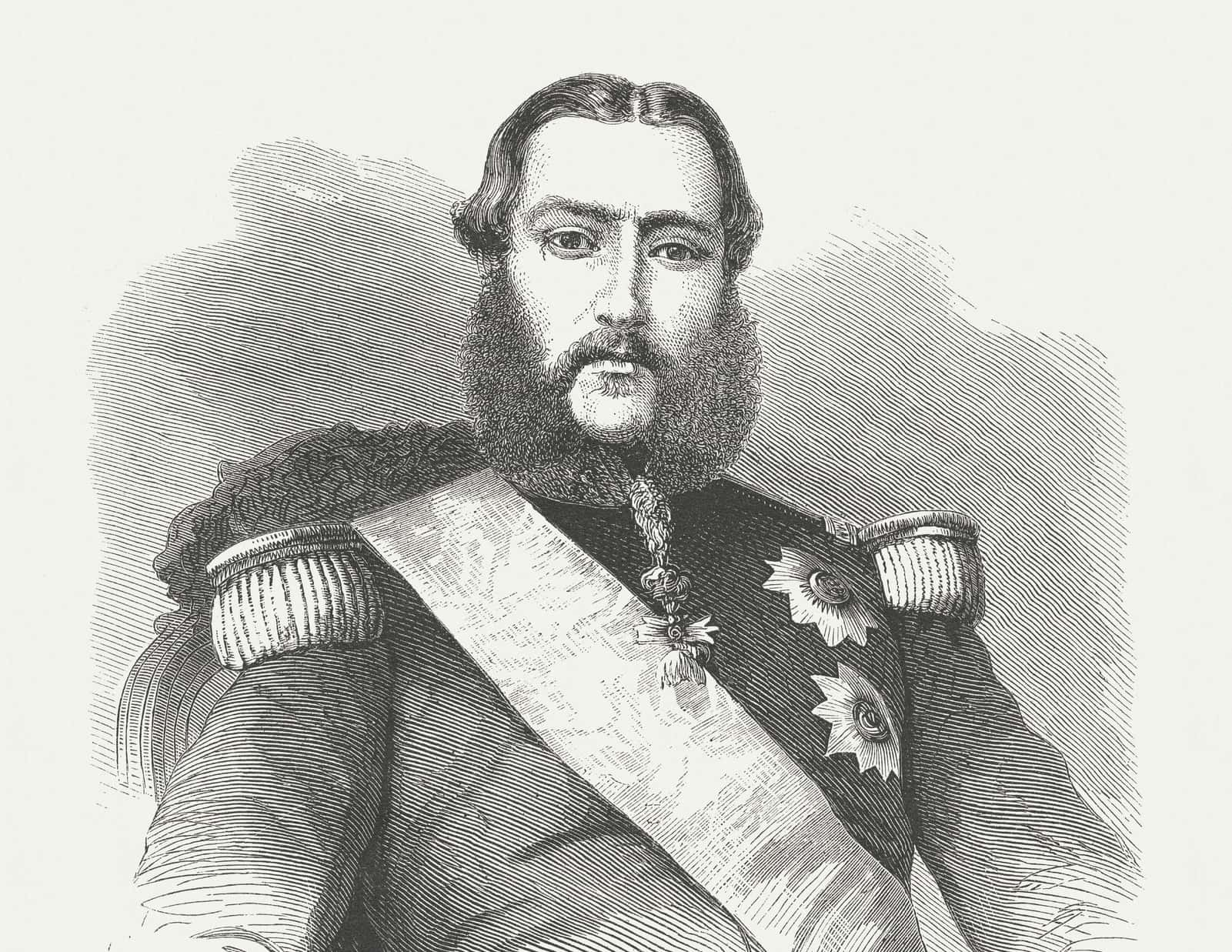

History's most fascinating stories and darkest secrets, delivered to your inbox daily.
36. The Fiddler
Roman leader Nero enjoyed torturing Christians and even blamed the Great Fire of Rome, which some claim Nero started, on Christians. Nero ended his own mother, his first wife, and his second wife. After numerous problems attempting to rebuild Rome, Nero passed by self-immolation in 68 AD.
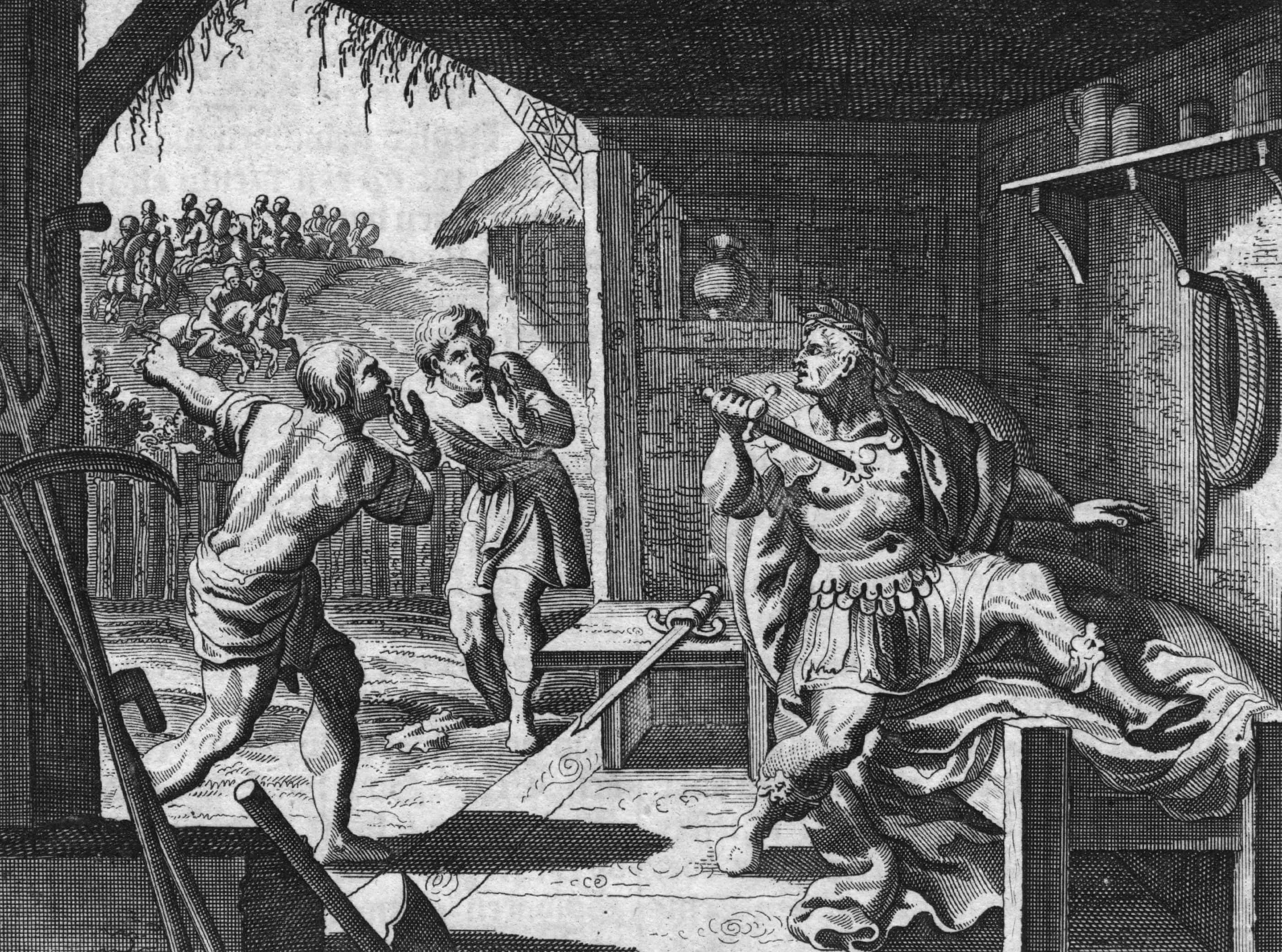
35. The Butcher of Uganda
Idi Amin became the president of Uganda, following a army coup in 1971. He lived lavishly while his country’s economy collapsed and people starved. Idi Amin was responsible for the brutal deaths of 300,000 to 500,000 countrymen in Uganda. Often deaths were broadcast on television to instill rule and subjugation by fear. He fled to Libya, and later Saudi Arabia after being overthrown in 1979. He was portrayed by Forest Whitaker in the 2006 film The Last King of Scotland.

34. Brief and Brutal
Qianfei was a Chinese emperor of the Liu Song dynasty, and it’s safe to say that he spent his reign horrifying as many people as he could. He kept several of his uncles in cages, treating them like animals and constantly intimidating to end them. He began an incestuous affair with his aunt while ordering other female members of his family to have in front of him. He ended anyone who didn’t comply with his commands. Small wonder that his reign only lasted just over a year before he was ended.
33. The Failed Follow-Up
The stepson of the great Emperor Augustus, Tiberius was initially hailed as a great Roman general. However, when he became Emperor, Tiberius was reported to have become deeply bitter due to personal tragedies and the strain of being the Emperor. Roman writer Suetonius alleged that Tiberius engaged in such actions as child attack and paranoid acts of barbarism. As people sought to climb the ladder and seize power for themselves, Tiberius reacted with increased paranoia and hostility, launching treason trials which resulted in multiple executions.
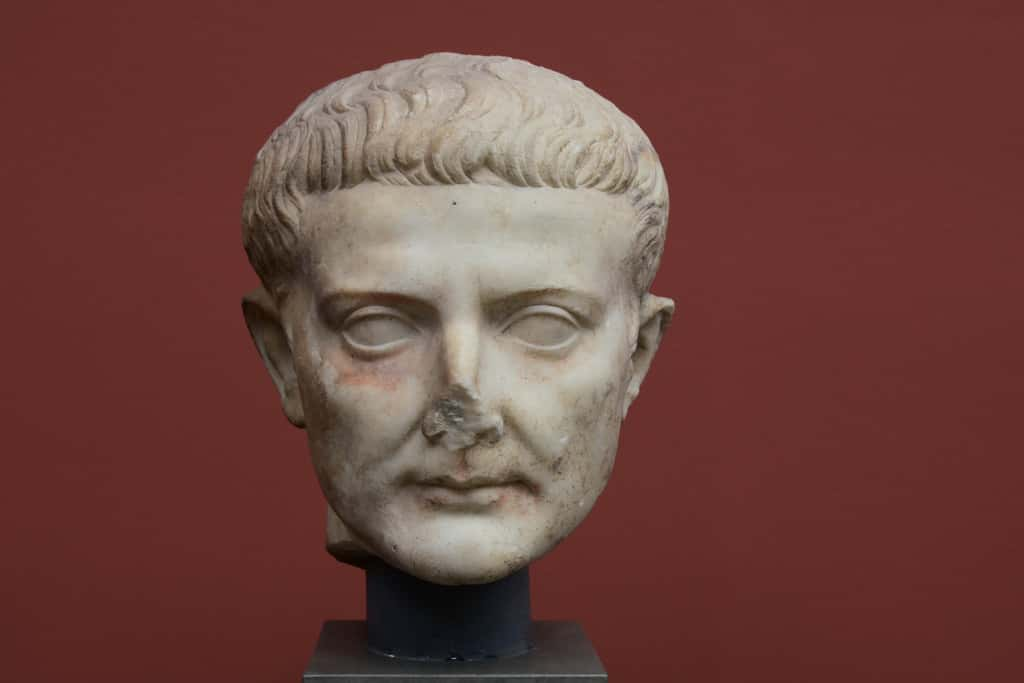
32. Mad for Vengeance
Charles VI of France’s first recorded incident of mental illness happened in 1392. A friend of his, Olivier de Clisson, was nearly ended, but escaped with his life. However, Charles was insistent on raiding Brittany, where the would-be murderer was being sheltered. Seemingly in the grips of a fever, Charles was furious at the slow pace of the army expedition he was leading.
One day during the trip a spear accidentally clanged loudly against someone’s helmet, which caused Charles to draw his sword, scream that he was being betrayed, and attack his own company. He was ultimately subdued (and fell into a faint) but not before he’d ended several men. It's no wonder he came to be known as Charles the Mad.
31. The Bloody Countess
Countess Elizabeth Báthory of Hungary was nicknamed the Bloody Countess for being the world’s worst female serial offender. She was believed to have bathed in the blood of the hundreds of servant girls she tortured and ended, and was reputed to be a vampire, a lesbian, and a witch. She got away with it for so long because of her immense wealth—even the king owed her money.
In 1610, Báthory was detained along with her favorite servants and intimates, who were thought to be accomplices to her deeds. Most of them were ended, but because of her family’s social standing, Báthory herself couldn’t be executed. Instead, she was locked up in a room with walled up windows inside Čachtice Castle where she remained until her passing in 1614.
30. The Mad Doctor
Josef Mengele was a physician at the notorious Auschwitz concentration camp during the Holocaust. He sent hundreds of thousands of people sent to their end via gas chambers, but Mengle is most notoriously known for performing horrible experiments on prisoners with no regard for health and safety, or the suffering of the patients. He had a disturbing interest in twins, dwarves, and people with other "abnormalities".
29. Witchy Woman
Madame Delphine LaLaurie was an influential French-Creole woman married to Dr. Louis LaLaurie. However, despite their grand home and lavish affairs, Madame LaLaurie had a sinister secret. She was extremely cruel to the slaves working within her house . She enjoyed murdering her slaves, and having the bodies buried in shallow graves around the house. It wasn’t until a terrible house fire in the LaLaurie mansion, that outsiders finally made the grisly discovery of tortured slaves hidden away in the attic, scattered human body parts, and other unspeakable conditions. This story was recently brought to life by actress Kathy Bates and who played LaLaurie in American Horror Story: Coven.
28. Off With Their Heads!
Maximilien Robespierre was a leader in the French Revolution, but has gone down in history for his leadership during a time now known as the Reign of Terror. Starting out as a bourgeoisie lawyer and a working-class sympathizer, he became ruthless during the French Revolution, and had anyone he suspected of treason, and political rivals, sentenced to meet the guillotine.

27. The Most Ruthless of All
Genghis Khan was a fearsome leader of the Mongols, known for destroying everything in sight. Genghis ruled as the Emperor of the Mongol Empire from 1206 until his passing in 1227. Upward of 40 million people were ended under Khan’s rule, as his army campaigns often sought to completely eliminate entire civilian populations.

26. Creative Executions
Ironically, Genghis Khan's belief that he couldn’t spill blood made him even crueler, because rather than just stabbing them or cutting their heads off, he had to come up with other ways to end them. Now you might think that breaking their necks or choking would have done the trick, but this was pretty rare. His favorite method involved piling them under a large board and then he and his nobles would eat dinner on top of the board until they were all crushed to the end. Not a fun way to go!
25. Mothers Before Brothers
Life in Mongolia when Genghis was young was not a piece of cake, to say the least. After his father's passing, Genghis' family lived in poverty, and Genghis' half-brother Begter was beginning to eye up Genghis' mother Hoelun as a potential wife. Basically, Begter was looking for ways to flex his power as the oldest boy in the family. This didn't sit well with Genghis, and when he was 10 he ended up murdering Begter on a hunting excursion with the help of another brother. CTB Film Company, Mongol: The Rise of Genghis Khan (2007)
CTB Film Company, Mongol: The Rise of Genghis Khan (2007)
24. Tower of Skulls
If you think Genghis Khan was evil, you should have met his (possible) descendant Tamerlane the Great or Timur the Turkic conqueror. During his 40-year reign, he tried his hardest to emulate Khan, destroying cities,ending tens of thousands, and sending spies into the enemy camp to spread rumors about his vicious exploits. In Baghdad, he is said to have beheaded 90,000 people and built towers out of their rotting skulls. Tamerlane also had a pretty good handle on the most brutal methods of barbarism, and he didn’t hesitate to skin people alive for not accepting Islam.
23. A Long, Horrific Reign
Emperor Hirohito, born April 29, 1901, was Japan’s longest reigning monarch. The 124th Emperor of Japan occupied the throne for 63 years, and was remembered for the Sino-Japanese Battle. During the Sino-Japanese Battle the Japanese army massacred and raped thousands of civilians in Nanking in an act remembered as the ‘R*pe of Nanking.’ Instead of being held responsible for Battle barbarism, Emperor Hirohito became Japan’s first democrat after Japan’s defeat in WWII.
22. Where Did He Honeymoon?
Attila was such a fearsome leader, that there were no survivor’s accounts of his appearance. Attila was so passionate about invading other countries, that on his way to gather his bride, Honoria, he made a quick stop in Rome to destroy it. Attila became known amongst the Romans as the ‘Scourge of God’ for attacking and looting the empire.
21. Nobody Expects the...
Born in Spain in 1420, the Dominican priest known as Tomas De Torquemada became a notorious figure for his barbarism, while serving as the Inquisitor General during the Spanish Inquisition. After being appointed Inquisitor General by King Ferdinand and Queen Isabel he had 2,000 people burned alive as heretics, and over 17,000 dissidents mutilated. Torquemada’s leadership became synonymous with barbarism and merciless aggression.
20. Great Leap Backward
Over 45 million people was gone under the leadership of Mao Zedong. The leader and founder of the People’s Republic of China sought to protect China from foreign influence, and grow China’s agricultural and industrial power through a program called the Giant Leap Forward. Unfortunately this initiative was a huge failure that caused widespread famine and economic collapse. Mao's government tried to cover up the failure. Anyone who spoke out against the program was labelled a 'right opportunist' and would be detained or ended.
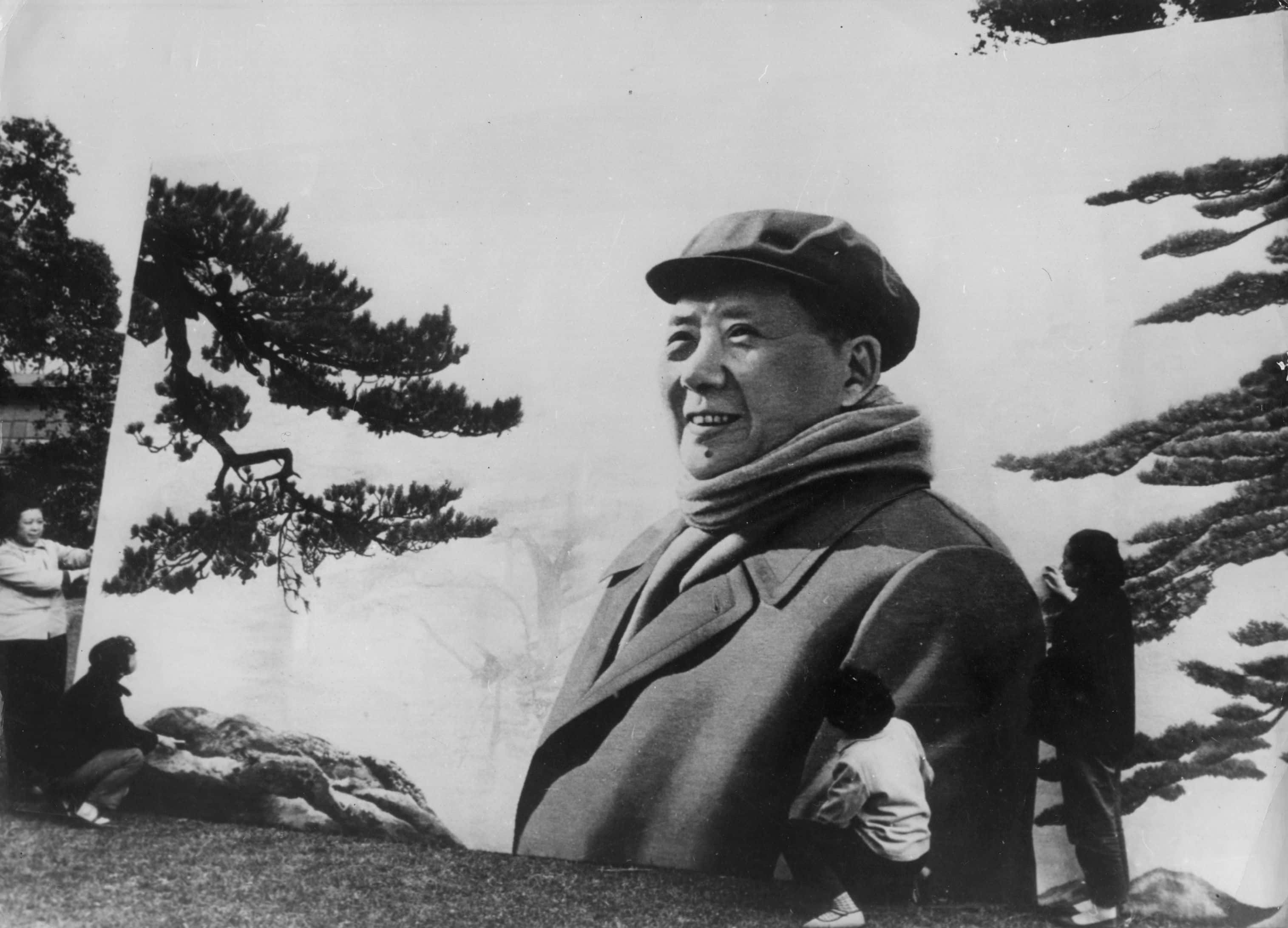
19. The Name Speaks for Itself
Ivan the Terrible, also known more formally as Ivan IV Vasilyevich, was the first Tsar of Russia. He was made Grand Prince of Moscow in 1533, and reigned over all of Russia until 1584. After the passing of his first wife, he became erratic and paranoid. Ivan suspected that the noblemen of the wealthy city of Novgorod caused the deaths of his mother and wife and had the city along with its people destroyed. Ivan even ended his own son after his son had expressed malcontent with his army failures. In a fit of rage, Ivan hit his son on the temple with his sceptre, ending him.
18. What Have I Done, My Son?!
In one of the most famous incidents of a mad monarch, Ivan the Terrible was once seized with a fit of such rage that he hurt his pregnant daughter-in-law, causing her to miscarry. When his son understandably confronted his father, Ivan struck his son with his scepter, ending him. Ivan’s mental breakdown as he lamented this action has famously been captured in a haunting painting by Ilya Repin.
17. Human Guinea Pigs
Dr. Eugen Haagen was a world-renowned genius who won a fellowship from the Rockefeller Foundation in New York City, and helped created the first vaccine for yellow fever. However, Dr. Haagen was also guilty of experimenting on unwilling live human victims, in gruesome experiments for the Third Reich. Dr. Haagen was a virologist and a high-ranking German, who specialized in the weaponization of deadly viruses. There were many fatalities on his human test subjects, often labeled ‘human-pigs.’ 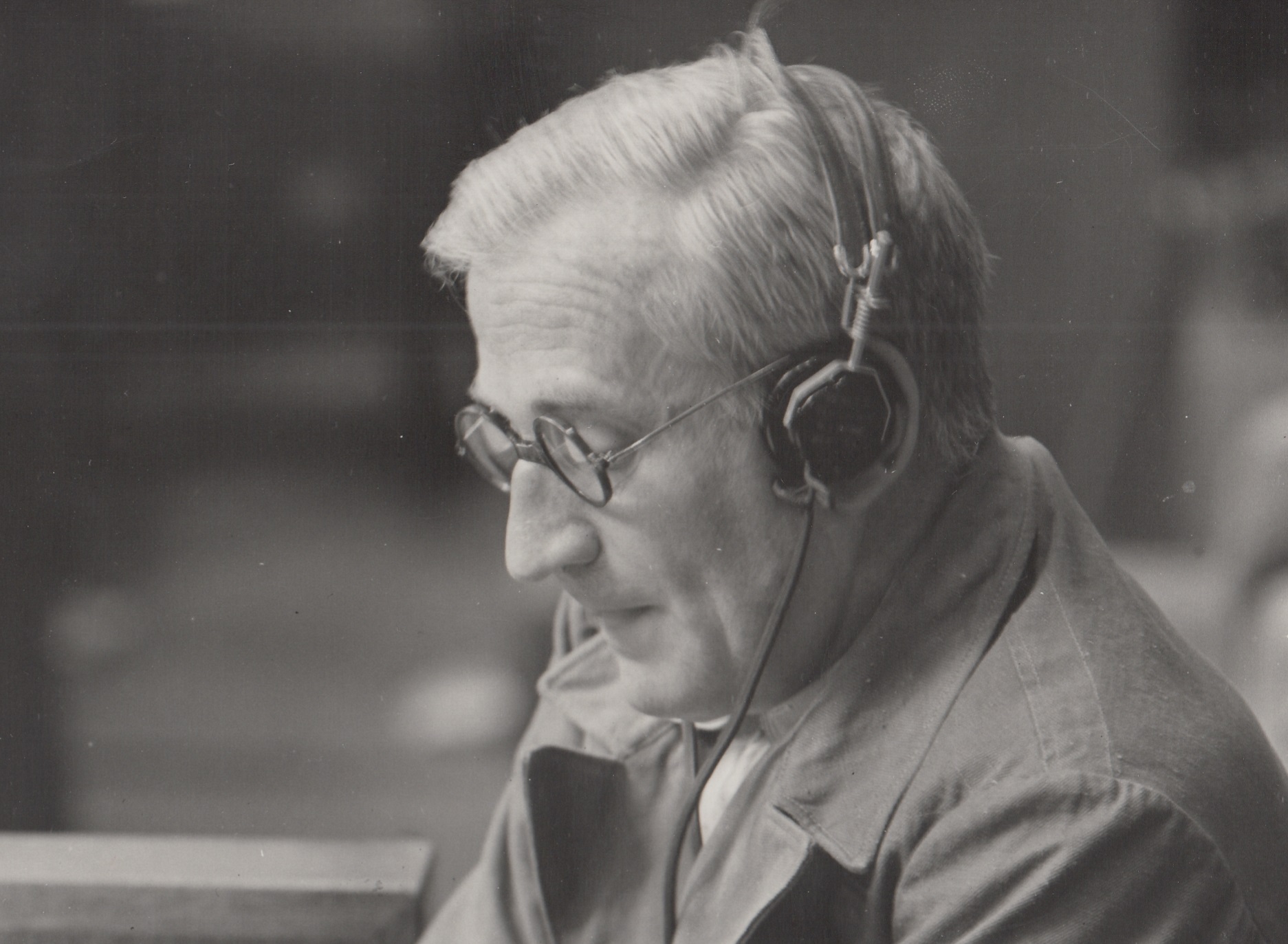 OMGUS Army Tribunal, Wikimedia Commons
OMGUS Army Tribunal, Wikimedia Commons
16. Worst of the Worst
Adolf H. is one of the most notorious and renown ‘evil men’ in human history. Once a young man seeking to become an artist, he later ended up being a dictator and the face of Germany’s party in the 1930s and during WWII. Adolf H. was responsible for the infamous "Final Solution," which led to the creation of camps, where millions were ended. As Allied forces advanced into Germany towards the end of WWII, he hid in a bunker, where he passed by self-immolation on April 30, 1945.
5. The Red Tsar
Joseph Stalin was born in 1878, and served as dictator of the Union of Soviet Socialist Republics from 1929 until 1953. Under his rule, millions of citizens were forced into labor camps and were brutally executed. Stalin’s forced collectivization of farms, led to millions of farmers being shot or exiled, and a widespread famine which led to many deaths.
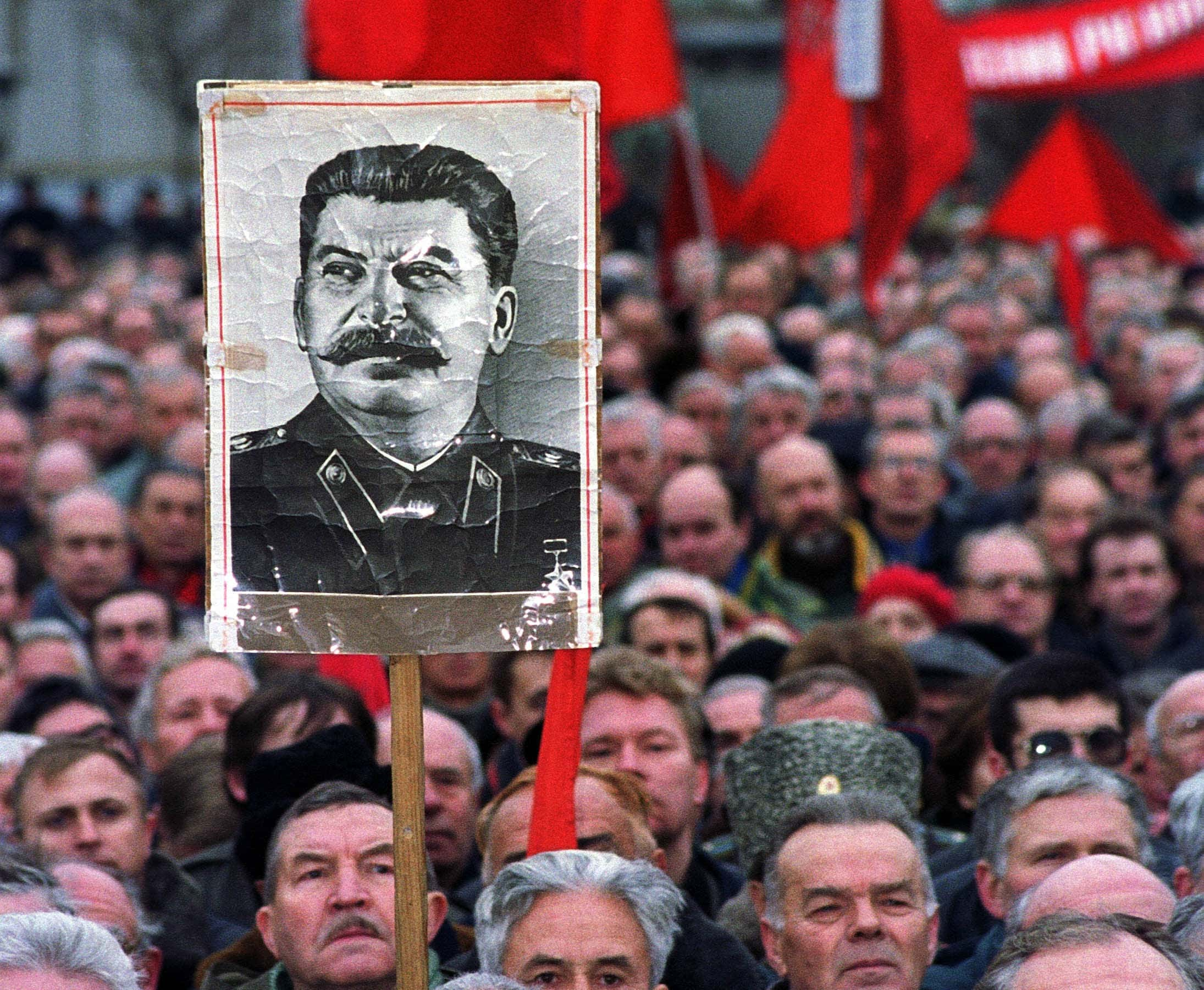
14. Dracula's Inspiration
The real-life Dracula, Vlad III, known as Vlad Tempes (the Impaler) ruled Wallachia from 1456 to 1462. Vlad lived during a time when there was constant battle. He suffered imprisonment, his father was ended, and his older brother Mircea was blinded with red-hot iron stakes before being buried alive. Vlad was known for his inhuman barbarism with his victims, and of course his favorite form of execution, impalement.
13. All in the Name of "Research"
Dr. Shiro Ishii was a medical officer and director of Unit 731. This unit was a covert biological and chemical battle research and development unit of the Japanese army during the Second Sino-Japanese Battle. He performed brutal experiments on over 10,000 human test subjects, many ended in fatality. Dr. Ishii rounded up not only Chinese prisoners of battle, but also people deemed conducting ‘suspicious activities’ for his experiments. Men, women, pregnant women, elderly persons, children, and infants were all subjected to inhumanely cruel experimentation. Victims were put in freezers, dehydrated, shot, injected with viruses, and had amputations without anesthesia.
12. The Brooklyn Vampire
American serial offender Hamilton Howard "Albert" Fish was also known as The Gray Man, The Brooklyn Vampire, and The Boogey Man. Even though he married and conceived six children, Fish had a dark side to him. He developed a fondness for cannibalism and sadistic behavior. It was believed that ‘The Boogey Man’ had up to nine victims, most being young children. He was executed via the electric chair in 1936 at Sing Sing jailhouse in Ossining, New York.
11. Helter Skelter
The notorious cult leader, Charles Manson, had a troubled and difficult youth. Once he was forced to wear a dress in kindergarten, when family discovered he cried in class. He committed his first deed, stealing money from a grocery store at 12. Manson was strongly influenced by Scientology and the book How to Win Friends and Influence People, which helped him shape his cult and lure followers. Charles Manson and ‘The Manson Family’ were known for the gruesome offender of actress Sharon Tate and other Hollywood denizens. Manson was found guilty of first-degree deed and conspiracy to commit offences for the deaths of seven people.

10. Angel of The End
Miyuki Ishikawa lived a pretty normal life, until she received the nickname of Oni-Sanba or "Demon-midwife." Miyuki was born in 1897 in Kunitomi, Japan and later worked as a hospital director and midwife. In the 1940s, she began murdering infants from poor disadvantaged families via neglect, citing that she was doing the children and their struggling families a service. The Demon-midwife was accused of 103 deaths, and sentenced to 8 years in lock up for her deeds, but it is believed that over 200 children lost their lives under her direction.

9. First and Last
In China’s history, there has only been one woman to rule China by herself and that woman was the sadistic murderess Wu Zeitan. During her reign, she had all of her rivals executed, including the former empress Wang, as well as members of her own family, including her newborn daughter. She frequently ordered executions and suicides and drove others into exile. Throughout her reign she maintained power by infection, mutilating, strangling, and burning or boiling her subjects alive. For as long as she was into it, her reforms did quite a lot of good for China, but as she got older, she spent less time ruling and more time with her young lovers, ultimately becoming addicted to aphrodisiacs. Finally, her officials could no longer ignore her behavior and they had her lovers ended. Zeitan herself was exiled.
8. Holiday in Cambodia
The Cambodian head of state and dictator, Pol Pot was the leader of the Khmer Rouge regime. More than one million people were ended, thanks to exhaustion from over work, starvation, or execution between 1975 and 1979. Pol Pot was notorious for directing executioners to not waste bullets, so battery acid, bludgeoning with objects, and other tactics were used to execute prisoners and dissidents. The mass graves his people were commanded to dig, were known as ‘the ending fields.’ Pol Pot was detained for his acts in 1997, and passed while under house arrest on April 15, 1998.

7. Laughter of a Madman
Caligula was notorious for his leadership of the Roman Empire. He brought Rome the brink of revolution by wastefully spending and ending anyone who stood in his way. He even deemed himself God and had a statue of himself erected for people to worship. Caligula also had a malevolent sense of humor. Once at a dinner party, he reportedly burst into raucous laughter. When asked to explain the reason for his mirth, he replied, “I’ve just thought that I’ve only to give the word and you’ll all have your throats cut.” Hilarious, right?!
6. Ra-Ra-Rasputin, Lover of the Russian Queen
When traditional medicine failed the Tsarina Alexandra of Russia's son, she turned to a Russian mystic by the name of Rasputin. As Rasputin’s influence over the Romanovs (and especially Alexandra) grew, so did the rumors that Alexandra was having an affair with the mysterious man. He also grew disturbingly close to the Tsarina's daughters, who wore amulets containing his picture.
The wicked influence of Rasputin is thought to be one of the factors that led to the eventual downfall of the Romanovs.
5. Dipped in Honey
King Herod the Great is definitely not remembered as much for his greatness as for being the evil King who wanted to slaughter the baby Jesus in Christian tales.
Another tale of his brutality? After accusing his wife of adultery and having her executed, King Herod had her body preserved in honey and continued to perform disturbing acts with it for years afterward. Following a reign of 37 years, he was gone a terribly painful end from a disease that rotted his body and gave him worms. Kind of poetic, really.
4. Bloody Mary: Not Just a Delicious Cocktail
Mary was Henry VIII’s first-born living child, but the volatile King soon turned on her, exiling her and her mother from court. Mary never forgot nor forgave, and years later she reaped her bloody revenge. Although Henry denounced Catholicism in order to divorce Mary’s mother, Mary herself remained a devout Catholic. When she took the throne, she reinstated Catholicism on pain of a fiery end. During her short five-year rule, she burned over 280 dissenters at the stake for heresy, earning her the name Bloody Mary.
3. Confession Booth
Henry VIII was notorious for many reasons, his penchant for court intrigue (and, ahem, executing his wives) among them. It's no surprise then, that he kept this “Grooms of the Stool”—i.e. bathroom helpers—in strict confidence. It was to two of them, Sir Thomas Heneage and Sir Anthony Denny, that he disclosed that he didn’t think his fourth wife Anne of Cleves was a virgin.
But such intimacy with the king was a double-edged and smelly sword: he also executed another, Sir Henry Norris, on trumped-up charges of adultery with his second queen, Anne Boleyn.
2. Hurt People Hurt People
Henry VIII was, of course, known for taking six wives and having two of them executed. While that's certainly a disturbing way of ending things with your S.O., consider what he did to Anne of Cleves: he called for her to come marry him based on her portrait, but when she arrived, he called her ugly and smelly and did everything he could to annul the marriage.
Modern historians have sugged an another side to this story: a bruised ego. It's said that she accidentally mistook the King for a stranger on the first meeting and insulted him. Anne was unimpressed, so, in emotional self-defense, Henry may have decided to be unimpressed with her.
1. Go Tell the Spartans
Philip II of Macedon was father to Alexander the Great and a fearful warrior in his own right. During his years of campaigning, Philip famously sent a intimidating message to the city of Sparta. He declared that if he entered their land, he would raze Sparta to the ground and enslave the Spartans forever. The Spartans sent back just one word as a reply: “If.” Philip backed down, and his mastery over the Greeks exempted Sparta as the only place that withstood him. 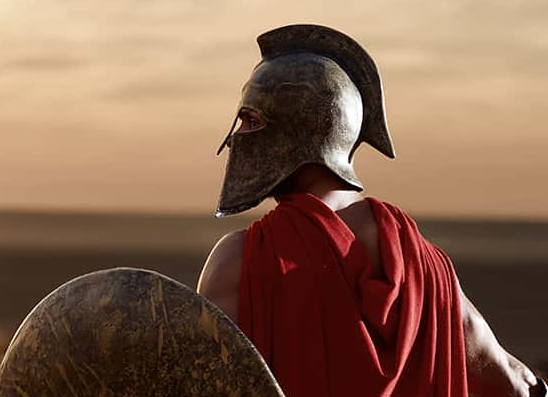 Shutterstock
Shutterstock
Sources: 1, 2, 3, 4, 5, 6, 7, 8, 9, 10, 11, 12, 13, 14, 15, 16, 17, 18, 19, 20, 21, 22, 23, 24, 25, 26, 27, 28, 29, 30, 31, 32, 33, 34, 35, 36, 37, 38, 39, 40, 41, 42, 43, 44


